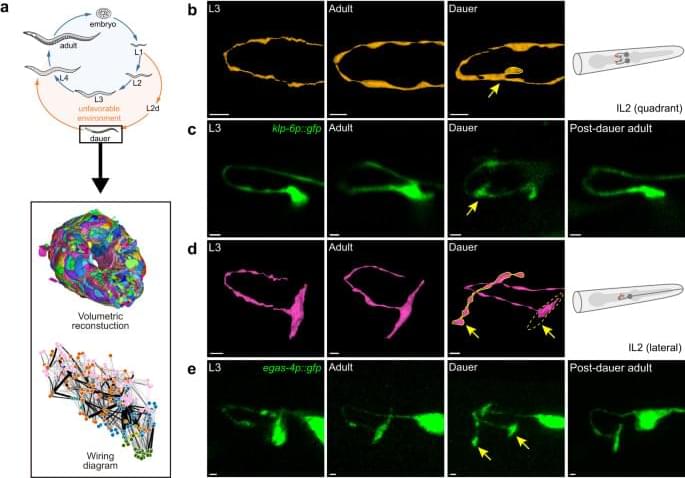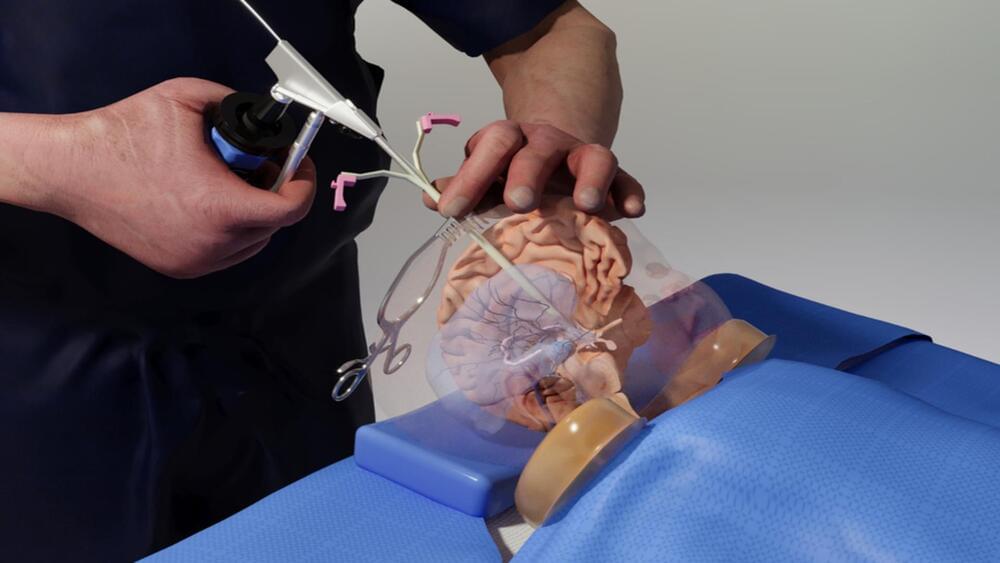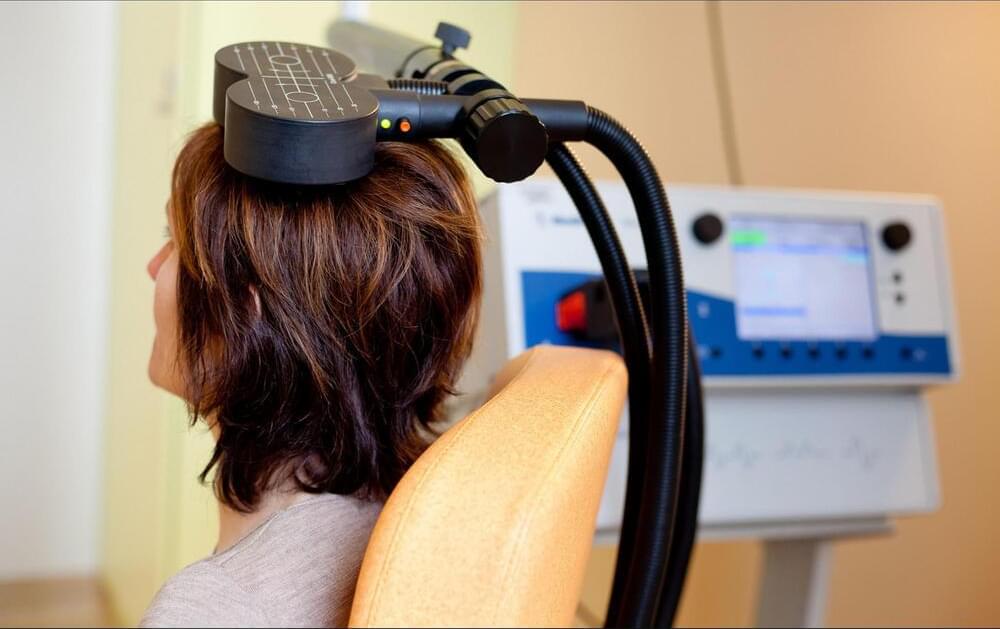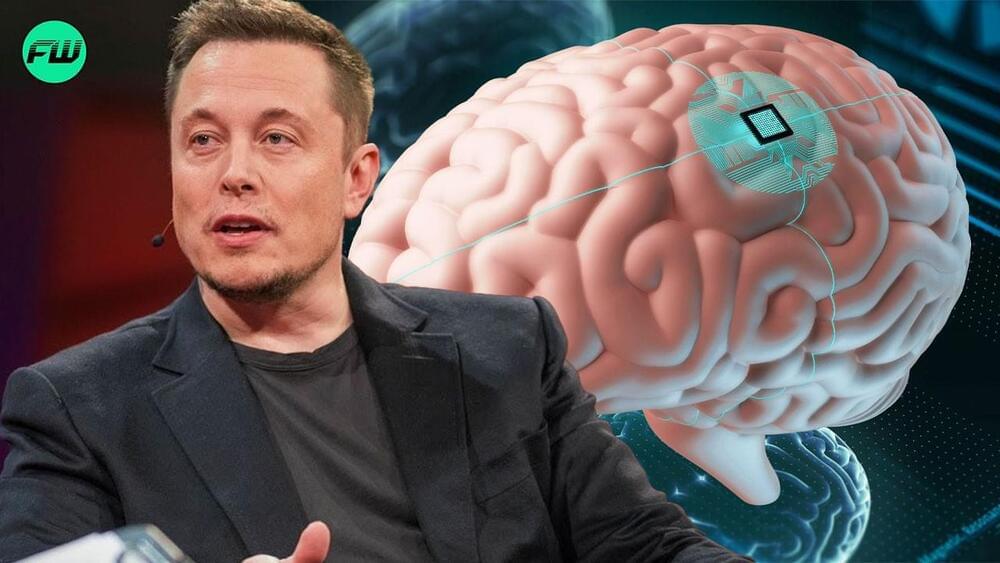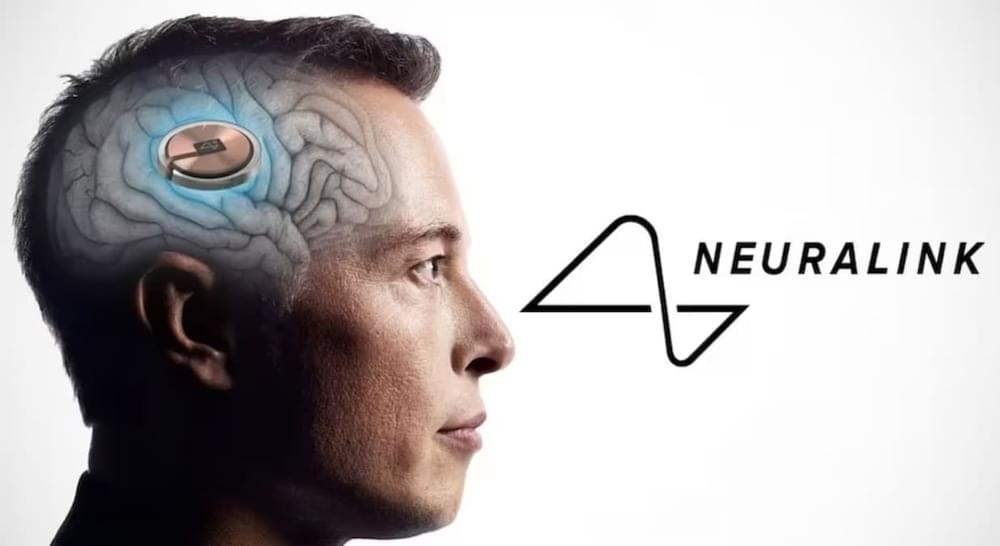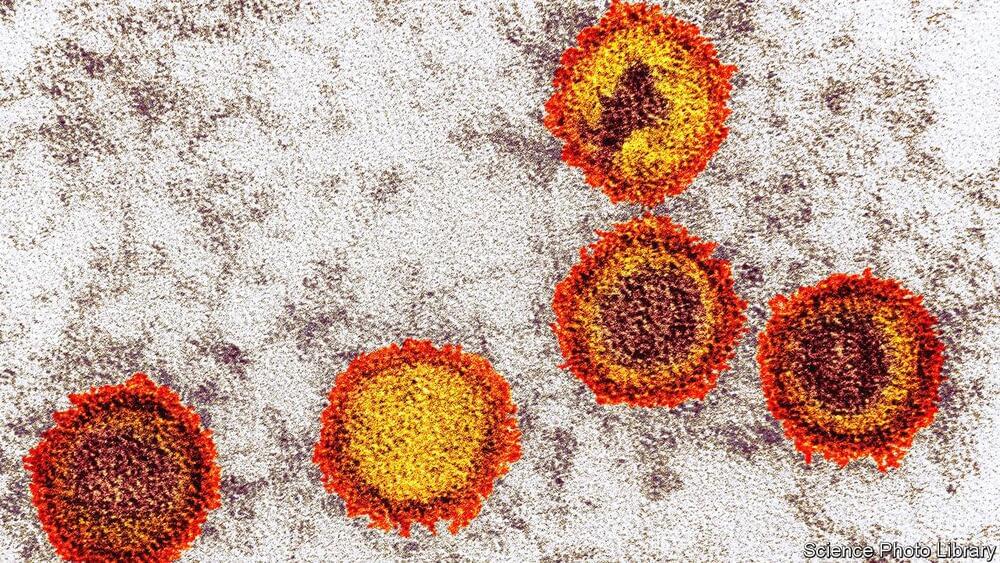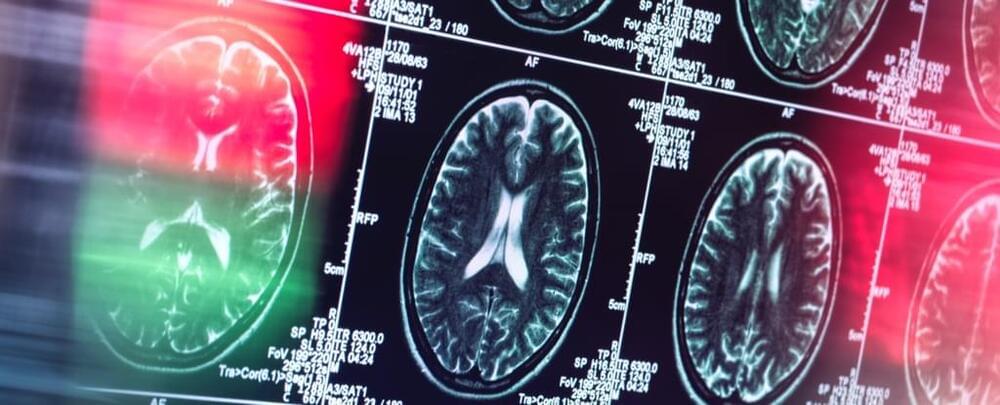Get alerts for new articles, or get an alert when an article is cited.
Manage alerts
Even so, proponents say that TMS and other noninvasive brain-stimulation methods—which include updated forms of electroconvulsive therapy (ECT) and transcranial direct-current stimulation—have yet to achieve their full potential, both as research tools and as clinical treatments for a range of neurological conditions. To get there, researchers want to fully understand the biological mechanisms behind these techniques, along with finding more rigorous ways to test them in the lab, all with a view toward making treatments more tailored and reliably successful. With its demonstrated benefits and lack of serious side effects, Colleen Loo, a neurostimulation pioneer at the University of New South Wales, says, “there’s no reason TMS can’t be used as a frontline treatment” for major depression.
